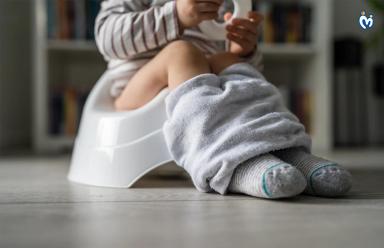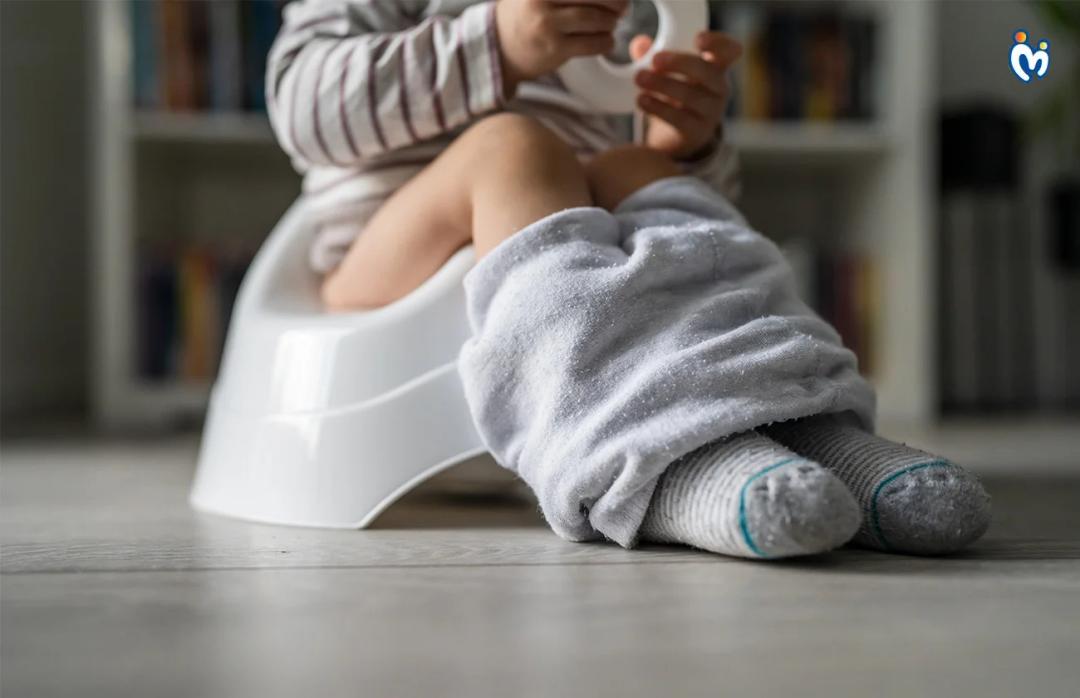First Aid Checklist When you have a baby at home, you need to make sure that you have everything at hand that will ensure your baby grows up to become a happy, healthy and safe baby! You could always purchase a fully loaded first aid kit for your baby, or you could easily assemble your own too. All you need to do is make sure that a few of the essential things are present in it. Ofcourse things like over the counter medications should always be kept in stock after getting a go ahead from your paediatrist, so that any medicine that you do give to your baby does not affect him/her negatively. A baby thermometer Try to keep a digital thermometer handy, since it is more accurate than a mercury thermometer. Take your baby's temperature by placing the thermometer under your baby's armpit with its arm across his chest. Decongestant or cough syrup This becomes extremely useful during coughs and cold. As mentioned earlier, cough syrups come under a category where one needs to ask for the doctor’s opinion. Do not just buy any over the counter cough syrup for your little one! Oral rehydration solution (ORS) or powdered sachets You can easily find these in the market, and you should also ask your doctor about which one is the best for your little one. Having ORS sachets handy will ensure that in case of emergencies, your baby does not get dehydrated. Baby liquid pain reliever and fever medicine Consult your doctor as to which ones will be the best for your baby before adding them to your kit. Children's insect repellent Helps keep your child away from insect bites. Again remember to consult your doctor who can recommend the best repellent for your child's age. Droppers and measuring cups In case your doctor has recommended some kind of daily dosage for your baby. then having a measuring cup or dropper handy will prove to be extremely useful for you! Saline solution For washing away specks of dirt from eyes or to decongest blocked noses. This is another thing that needs to be brought to your doctor’s notice. Buy the saline solution that your doctor recommends for your kid, and keep the prescription safely with you for future reference too! Ointment for burns To be used if your baby gets a burn Antihistamine cream For soothing insect bites and stings. Talk to your doctor before buying one to make sure that it will suit your little one. Calamine lotion For soothing itchy rashes or bites. Ice or gel packs Apply to relieve swelling or inflammation from bumps and bruises. Sticky plasters, sterile gauze, adhesive tapes, and bandages For dressing any wounds that the little one might sustain. Antiseptic wipes or solution To clean cuts and grazes. Always clean a wound from the centre out. A pair of sharp scissors To cut plasters and tapes. Cotton wool To wipe off dirt or blood from a wound. Can also be used for dabbing on antiseptic solution. Antiseptic or antibacterial cream For applying on cuts, grazes, scrapes or minor burns to help prevent infection. Tweezers To remove splinters and thorns. Disposable sterile gloves To help protect yourself and others from germs. A first-aid manual Do not forget to read this before using the first aid kit. Emergency contact numbers Have numbers like that of an ambulance, nearest healthcare provider etc. in case of emergencies. Keeping these things with you, whenever you are with your baby, whether it be inside your home or somewhere outside. It will prove to be really helpful if ever the need for them arises! Remember, being hands-on when it comes to your baby’s health will definitely ensure that the little one grows to become a happy baby!

Hey mamies, stay connected!
Sign up and get an opportunity to receive complimentary samples with our informative email newsletter.















